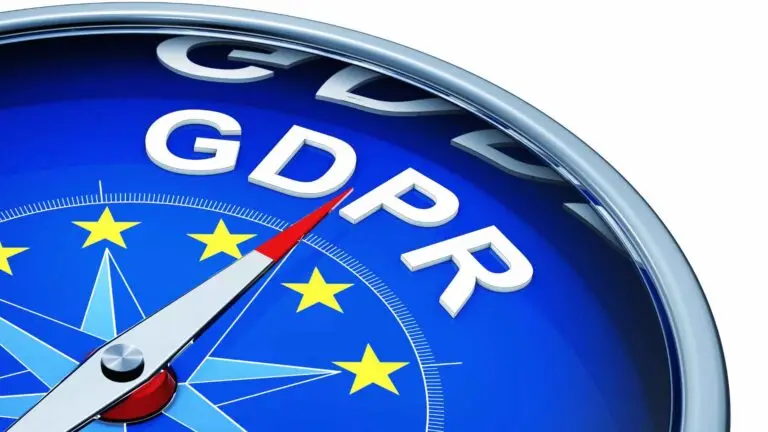Data Protection and Privacy
In an era where data is akin to currency, protecting personal information has become paramount. Legislation such as the General Data Protection Regulation (GDPR) in the European Union and the California Consumer Privacy Act (CCPA) in the United States mandates stringent data protection and privacy standards. These laws require transparent data collection practices, granting individuals significant control over their personal information. Businesses must have explicit consent to gather data, a clear purpose for its use, and robust security measures to protect it.
Intellectual Property Rights
The digital realm is rife with intellectual property (IP) concerns, ranging from copyright infringement to trademark violations. It’s essential to understand that content created, shared, or sold online is protected by IP laws. Compliance involves:
- Obtaining necessary permissions for using copyrighted material.
- Respecting trademarks.
- Safeguarding one’s IP from unauthorized use.
Vigilance in monitoring and enforcement can prevent costly legal battles and protect the integrity of online content.
Accessibility Standards
Digital accessibility ensures that online resources are usable by people with disabilities, an often overlooked aspect of compliance. The Web Content Accessibility Guidelines (WCAG) provide a framework for making web content more accessible to people with a wide range of disabilities. Adhering to these guidelines broadens your audience and demonstrates a commitment to inclusivity, potentially shielding organizations from legal repercussions.
E-commerce Regulations
E-commerce sites are subject to specific regulations that govern online transactions. These include the clear display of terms and conditions, the right of withdrawal, and compliance with e-payment standards. Ensuring customer transparency about the total cost of goods or services, including taxes and shipping, is not just good business practice; it’s a legal requirement in many jurisdictions.
User Generated Content
Platforms hosting user-generated content (UGC) face unique compliance challenges, balancing freedom of expression with legal responsibilities. For example, the Digital Millennium Copyright Act (DMCA) in the U.S. offers a safe harbor for online service providers if they take prompt action to remove infringing content upon notification. Understanding the nuances of UGC laws is crucial for platforms seeking to foster vibrant online communities while staying within the bounds of the law.
Final Thoughts
Navigating the complexities of online compliance requires a proactive approach. Regular audits, continuous monitoring, and a willingness to adapt to evolving laws and standards are essential. Organizations prioritizing compliance can mitigate risk, build trust with their audience, and establish a strong foundation for sustainable online operations. In the ever-changing digital landscape, staying informed and agile is not just a strategy for success—it’s a necessity for survival.







